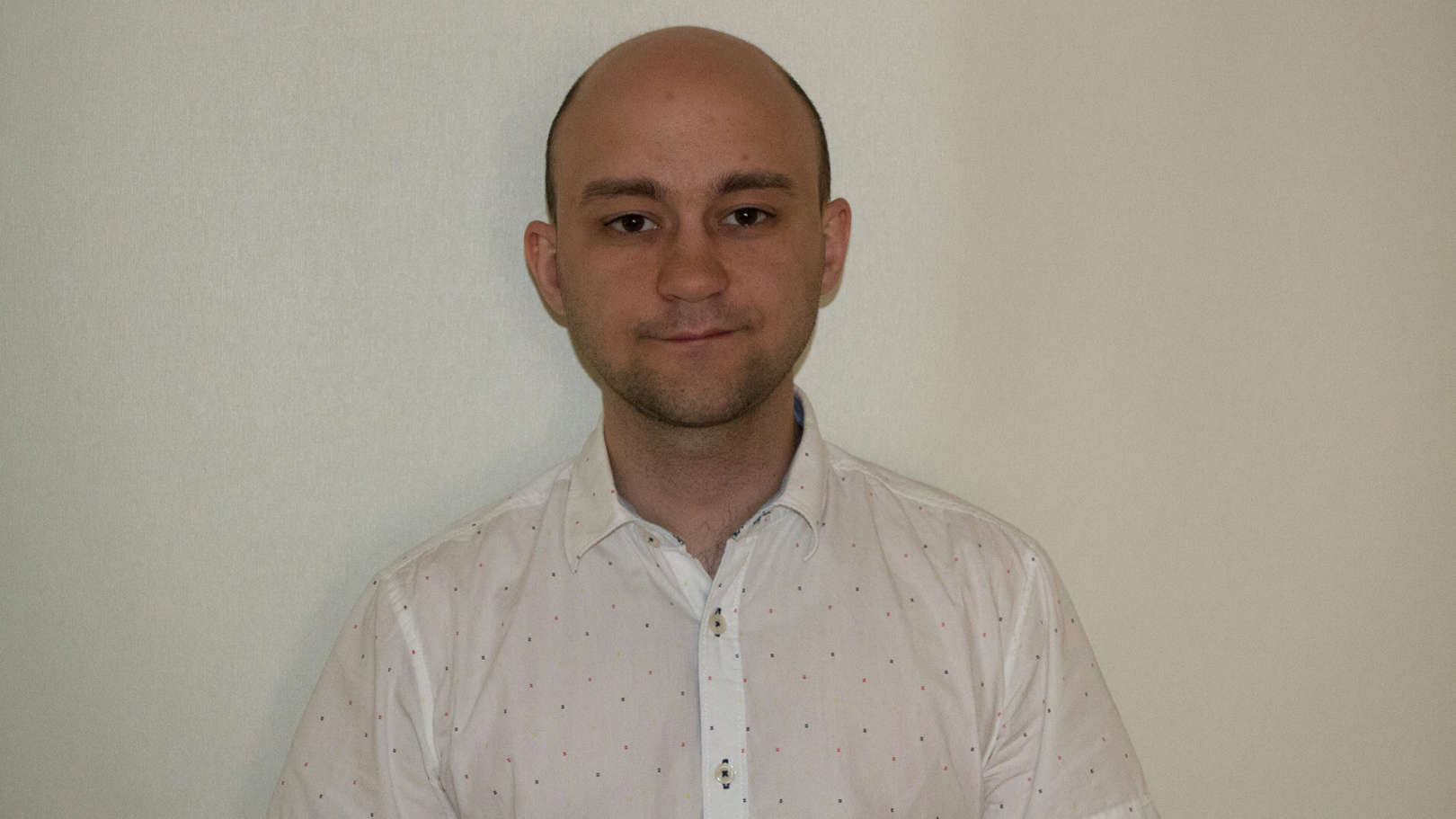About
I am a PhD student at MAP-i doctoral program, held by Universities of Minho, Aveiro and Porto and researcher at HASLab, Univeristy of Minho.
I did both my bachelor and master degrees in Mathematics, in University of Aveiro.
My current research topic, and my goal for the PhD, lies in building a systematic process of generating dynamic logic, by developing a general theory of such logics. This approach favouring a contract-based design method for software speci�cation, and the development of an algebraic structure to model the space of programs and the corresponding domains of behaviours. My goal for the PhD is to provide also a generic theory to support the logics generated by this process, as well as to discuss how to capture more complex computing paradigms, such as quantum algorithms and hybrid systems.


